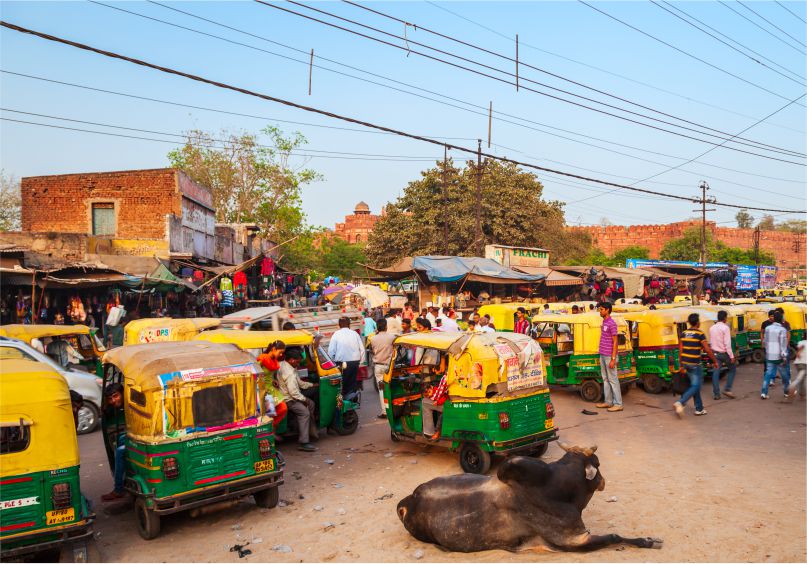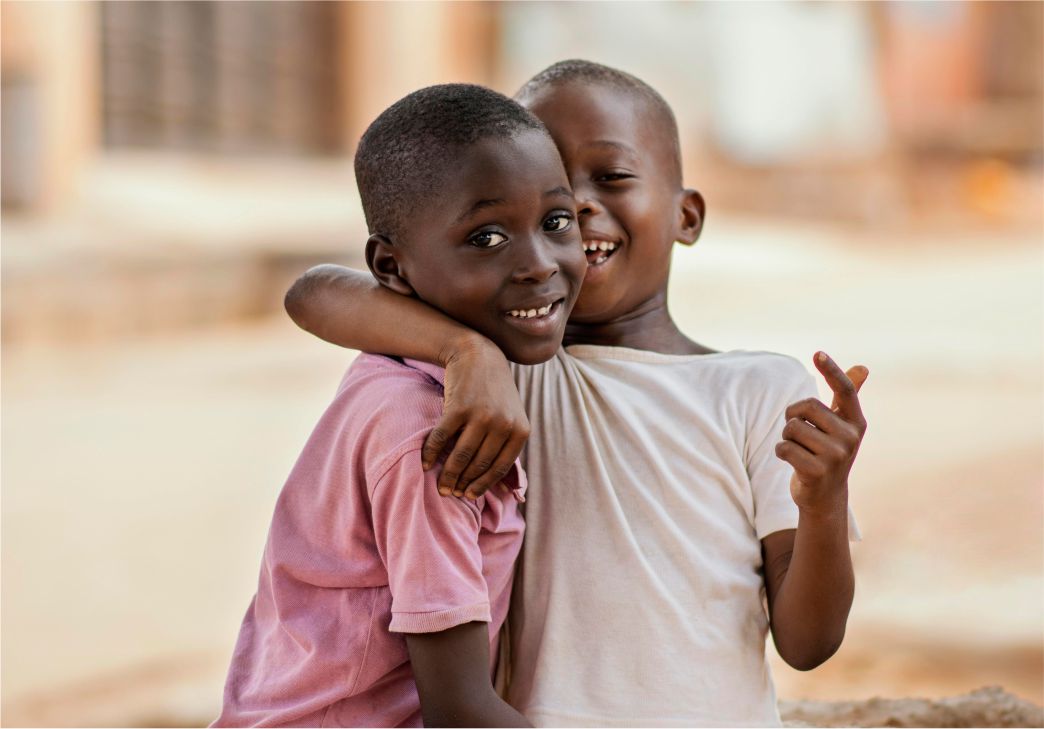ADIRM RESEARCH
World-class Research Institute
Using research outputs to solve Africa’s socioeconomic problems.
Using research outputs to solve Africa’s socioeconomic problems.
The ADIRM is a private applied research and technology development institute that aims to advance knowledge in areas that will solve Africa's economic and societal problems. Our activities fall into three areas of expertise, the outcome of which is complementary to each other. These are research, application and education.
Through our research, we expose citizens to new ideas, new ways of understanding, and new ways of knowing.
The ADIRM research focuses on public sustainable energy, human health; agriculture and food; environmental sustainability; education; enterprise and entrepreneurship; digital technology; big data, artificial intelligence, internet of things (IoT); peace and conflict resolution.

We focus on the exploration, development & efficient use of alternative and environment-friendly energy sources.

Our overarching strategy is to improve agricultural production systems &and enhance agricultural sustainability.

We focus on environmental problems and challenges from the perspectives of natural resource.

Our research agenda addresses issues within and between economics and policy for sustainability.

Research and studies that unearth the causes of organisational and human management deficiencies in Africa.

Our aims is to conduct research on the prevention and management of chronic disease within primary health care.

The digital economy research group focuses on the scope for value creation and capturing the digital economy in Africa.

Focuses on how different actors can respond to preconditions for conflict resolution and sustainable peace.
We aim to improve the financial, social and environmental well-being of Africans — The ADIRM social enterprise is structured as a profit and non-profit towards oriented achieving community interest and benefit. The main purpose is to promote, encourage, and make social change in Africa.
Our industry research helps organisations to create new knowledge, turning them into new products and services. We focus on how digital technology innovation will enable African businesses to achieve innovation and organisational performance.
Our research can be instrumental in the development of policy practice, shaping legislation and altering behaviour. It can be conceptual in contributing to the understanding of policy issues
Our knowledge discovery can be a positive contribution that impacts socio-economic development in Africa.
The ADIRM looking forward to collaborating with higher education institutions in Africa and the world, Governments, NGOs, Industries and other Stakeholders, such as designers, CEOs, Company Managers, and Government policy-makers to produce research that will tackle some of the biggest challenges facing the continent.
The ADIRM welcomes researchers from all kinds of backgrounds to integrate to produce research outputs that will be used to tackle challenges facing African nations and the world.
Some of our flagship research projects:

The number of slum dwellers in developing countries increased from 689 million in 1990 to 880 million in 2014 (World Economic Forum, 2016). The population who live in slums typically are poor, illiterate or semiliterate and engage in low-skilled (and often stigmatized) work (Shepherd, Parida & Wincent, 2020).

Research on the Environmental Impact of Mining Solid Mineral Without Regulation
Illegal mining has several environmental and health problems. Several accidents have occurred, and, in some cases, this has led to many deaths in the mines when the ground caved in on miners. There is also a health serious impact resulting from pollution from gases, noise, dust and polluted water.

Research that focuses on the livelihood challenges and the sustainability of the livelihood in the rural area
Eradication of poverty and hunger has been the main theme of development since 2000s (Rahman & Akter, 2014). While this ambitious goal is yet to be achieved, progress in ‘poverty reduction’ has been impressive and widespread in many regions (Rahman & Akter, 2014). However, in Nigeria, the trend shows poverty.
74-76 Marine Road West , Morecambe LA4 4EP, United Kingdom.
